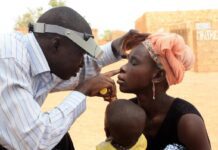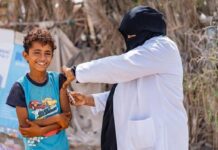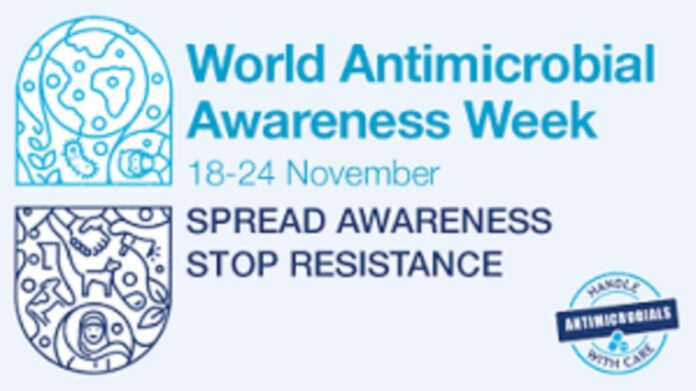Antimicrobial Resistance: Central Bulk Purchasing of Antibiotics Will Cushion Economic Shock on Citizens- Pharmacist
A leading pharmaceutical company, ST.RACHEAL’S Pharma, has called on the Federal Government to centrally purchase antibiotics.
This he said, will accelerate industrialisation, manufacturing, boost medicine security with the attendant massive creation of jobs.
According to it, directives should also be given for antibiotics to be dispensed at subsidised rates to indigent patients in the Federal Teaching Hospitals and Medical Centres in Nigeria akin to the Petroleum Trust Fund (PTF) strategy of 1994.
Akinjide Adeosun, Chairman, ST.RACHEAL’S Pharma , made the call in an interview in Lagos as the world marks the 2023 World Antimicrobial Resistance Awareness Week (WAAW).
WAAW is celebrated from Nov.18 to Nov. 24 every year, with the theme for WAAW 2023 as “Preventing Antimicrobial Resistance Together’’.
According to the AfricaCDC, Antimicrobial Resistance (AMR) jeopardises the effectiveness of essential medicines, impacting the treatment of infections in both humans and animals.
In Africa, where AMR has been identified as a more significant challenge than HIV, malaria, and tuberculosis, the urgency to address AMR is paramount.
Adeosun said that action to the call would also tame the increasing antibiotics resistance exacerbated by the worsening economic condition occasioned by the floating of the Nigerian naira and removal of fuel subsidy.
“Also, the exorbitant energy cost, high lending rate and spiraling inflation leading to medicines gradually becoming luxurious and hence un-affordable and unavailable.
“This may make sub-optimal dosing of antibiotics to increase eventually leading to high morbidity and mortality of the citizenry.
“This palliative has a twin benefit of reducing patients’ deaths and increasing the life expectancy of pharmaceutical manufacturing companies in Nigeria,’’ he said.
According to Adeosun, Antimicrobial Resistance (AMR) already causes substantial sickness and death worldwide, responsible for approximately 1.27 million deaths in 2019.
“Some estimates suggest that by 2050, it could kill as many as 10 million people each year.
“Over the past century, antibiotics have transformed our ability to treat infection and illness and reduce mortality.
“ But bacteria are becoming increasingly resistant, and with a limited pipeline of new antibiotics, we risk effectively returning to the pre-antibiotic era where we can no longer treat infections.
“We thereby need to appropriately use the arsenal of antibiotics we have today.’’
The ST.RACHEAL’S Pharma chairman said that the company was in unison with the Quadripartite organisations of the WHO, United Nations (UN) Environment programme, Food and Agriculture Organisation (FAO) of the UN and World Organisation for Animal Health (WOAH) in marking the 2023 WAAW.
According to him, the 2023 WAAW theme “Preventing Antimicrobial Resistance Together’’ calls for cross-sectoral collaboration to preserve the effectiveness of antimicrobials
Proffering some solutions to reducing AMR, he said: “To effectively reduce AMR, all sectors must use antimicrobials prudently and appropriately.
“Take preventive measures to decrease the incidence of infections and follow good practices in the disposal of antimicrobial contaminated waste.
“Prof. Kate Baker, University of Cambridge, said `we are on the cusp of realising the full potential for GENOMICS in tackling AMR, but there is still a lot of work that needs to be done.
“We need the scientific, public health and political communities to work together to make this happen.
“ AMR is an urgent problem. It is not something that will happen in years to come – it is happening now. (Baker, K, et al. Overview: Harnessing genomics for antimicrobial surveillance. The Lancet Microbe; 14 Nov 2023)’,’’Adeosun quoted.
He emphasised AMR to be a threat to humans, animals, plants and the environment.
He urged all stakeholders including pharmacists, medical doctors, veterinary doctors, botanists, microbiologists, nurses, laboratory scientists, health administrators and environmentalists in the public and private sectors to work together to build partnerships.
This would be to forge a common approach to halt antimicrobial resistance thereby contributing to the improvement of life expectancy of Nigerians.




























































































